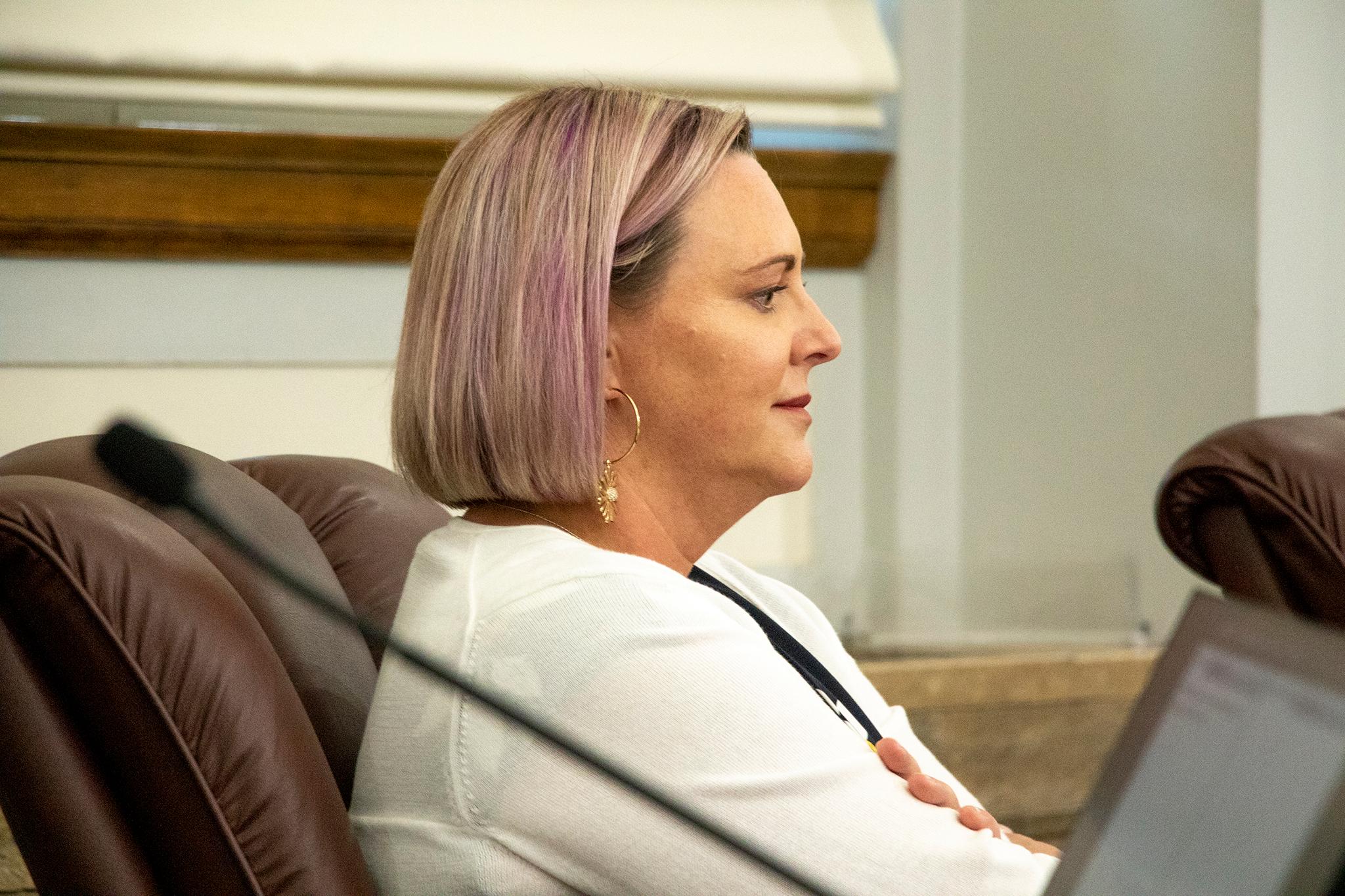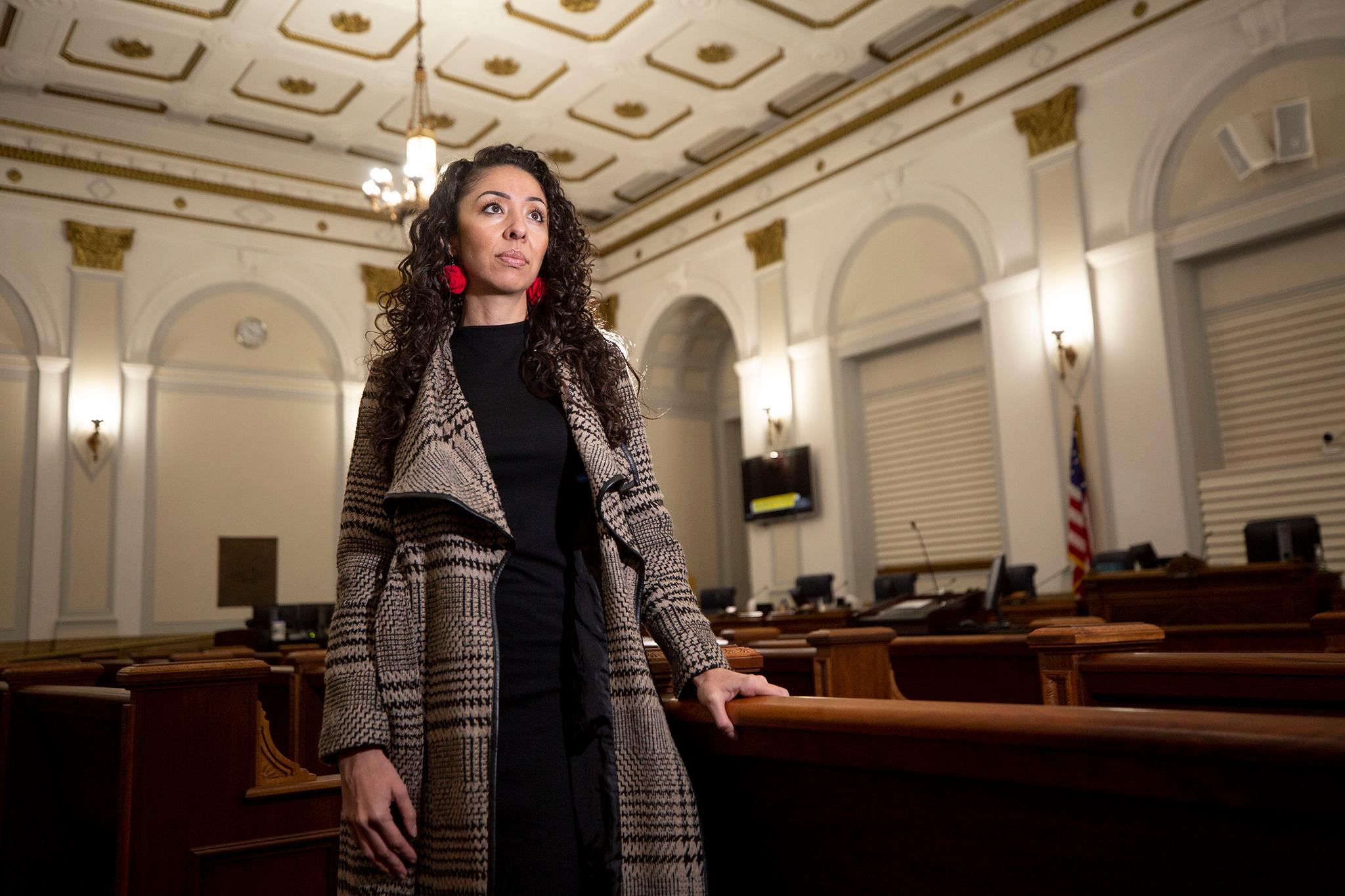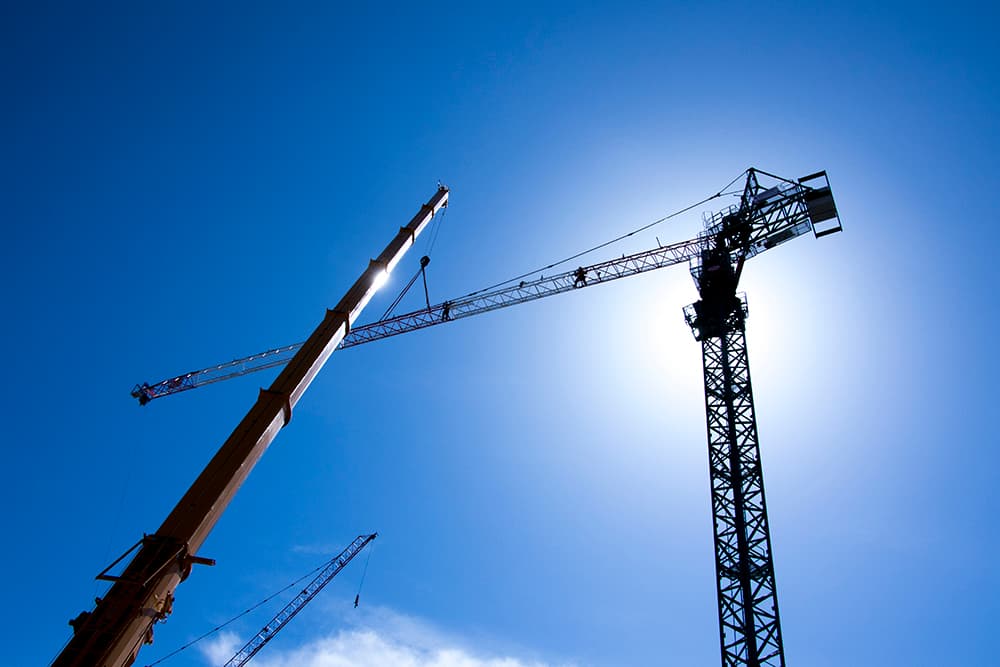Denver's plan to force developers to help solve the city's affordable housing crisis is headed to a City Council vote on June 6.
The Expanding Affordable Housing proposal, which has been in the works since 2020, would force market-rate developers that are building projects with 10 or more units to create 8% to 12% income-restricted housing in new residential buildings or pay money, called a linkage fee, that would go to the city's affordable housing fund.
The plan would also gradually raise linkage fees for developers building market-rate housing (the kind that has no income restrictions attached). Affordable housing developers, on the other hand, would not be required to pay the fees.
The plan would also reduce obstacles that prevent developers from building more income-restricted housing, including eliminating parking requirements near transit-oriented developments, increasing height restrictions and cutting permitting fees.
Here's why the proposal matters.
The plan was born out of the current housing crisis. The city is behind tens of thousands of units of income-restricted housing, according to the Denver Housing Authority executive director David Nisivoccia, and even middle-class people are struggling to buy or rent in town.
The city has grown by 115,000 people over the last decade, according to Census data, and the migration from even more expensive coastal cities continues. All those people need somewhere to live.
Denver also faces a homelessness crisis, where thousands of people are living in housing insecurity and many are camping on the streets.
While this proposal is focused on creating housing for people making 60% to 90% of the area median income (that's between $56,592 to $84,888 for a family of three) and has taken some heat for not addressing homelessness directly, the intent is to ensure people in the missing middle and making close to the AMI are able to maintain housing in the city and not be priced out of town.
For the past two years, Community Planning and Development has been working on draft proposals. Each draft has gone through a public comment period, where people have weighed in on how high linkage fees should be (housing activists typically say higher; developers typically say lower), and what sort of perks developers should get for building income-restricted housing.
One of the big sticking points in the draft plan is over new parking being built. Some people want more, while others want none.
In an early draft, developers wouldn't have to build parking in developments near high-speed transportation lines in an effort to boost transit-oriented development as a solution to affordable housing. This is a popular idea among developers who otherwise criticize the plan, like Andy Feinstein, who prefers to work with as few regulations as possible and would prefer to see an end to height restrictions, parking mandates and other zoning issues that hamper his ability to build as much housing as possible.
For Feinstein, linkage fees, mandated affordable housing and other attempts by government to solve the problem by telling developers what to do make building housing that is naturally affordable too expensive and drives up rent and housing prices.
He told Denverite he fears the entire plan will turn Denver into "another San Francisco."
But some people in this still very car-dependent city are concerned eliminating parking mandates for new buildings near high-speed bus stops might clog up the streets with more cars and create hazards in the roads.
Those concerns led to the proposal being changed to include the parking exemptions only near light rail and commuter train stops. Parking would still be required near bus lines.

That was until Tuesday, when Councilmember Amanda Sandoval proposed an amendment that would also allow the parking exemption to be given to developers building within a quarter-mile of high-capacity bus lines, including those along Colfax Avenue, Broadway and Federal Boulevard. The move was a compromise between the two earlier proposals.
While the members of the Land Use, Transportation & Infrastructure Committee ultimately voted to include Sandoval's amendment, they were visited by Councilmember Amanda Sawyer who cautioned them that she did not support parking exemptions near high-capacity bus lines -- signaling that this would be an ongoing discussion as the proposal hits Council.
Sawyer said eliminating parking requirements near bus lines would cause safety issues within two blocks on either side of East Colfax, which runs through her district. She argued the current one spot for every ten units in a building mandated for people building income-restricted housing was enough of a concession to developers. Adding density from affordable housing while not providing parking would increase street parking and cause safety issues, she said.

Sandoval, whose district includes parts of Colfax, argued the Expanding Affordable Housing plan was being introduced ten years too late, that the crisis was now, and that the city should focus on building new housing for people -- not cars.
"This is the democracy up here at its finest," she said. "We all don't have to agree. But I'll go back to my intent. And the intent of this amendment is to remove barriers to mixed-income development by eliminating vehicle parking requirements for projects that are near high-capacity transit, providing enhanced income-restricted housing beyond mandatory requirements. And for me that is something that is really important as a city councilmember.
"I feel like as good as this ordinance is, it's 10 years too late," she continued. "And so we need to offer any incentives that we can."

Councilmember Candi CdeBaca proposed a number of other amendments to the plan that were all voted down. Those included forcing people who build accessory dwelling units, or ADUs, to pay linkage fees, based on the idea that they are a second source of income for wealthy Denverites. Councilmember Jamie Torres opposed that idea, arguing ADUs are being used to help keep longtime Denverites and their families in their neighborhoods.
CdeBaca also pushed an amendment that would have raised the square footage of new additions that would trigger a linkage fee from 400 to 800 square feet.
"This would remove them from having to pay the linkage fee if they were trying to build an addition onto their house for their parents or grandparents or their children," she said. "And it just helps us achieve the goal here which is affordable housing and it targets specifically communities where naturally occurring affordability already exists and where we want to perhaps expand space for people in those households."
CdeBaca also proposed removing a section in the ordinance that asserted that Denver had a scarcity of land.
"All of these amendments were workshopped with community, but this one was one that community members felt passionate about," she said. "It removes the section because community felt that it was false to portray land as highly limited in Denver."
Council members voted the amendment down, citing a state law that effectively blocks Denver from aggressively annexing more land without surrounding counties' approval and which does restrict how much land the city has.
The Expanding Housing Affordability proposal was approved by every member of the committee except CdeBaca, who objected to it continuing on to the full City Council.
The final step for approval is a public hearing at City Council on June 6, more discussion and a final vote.
The public will have a chance to comment on that date, and people can also offer their feedback and ask questions here.













